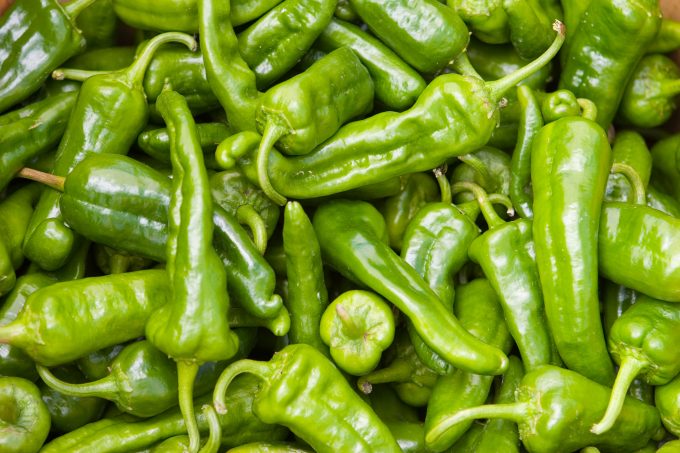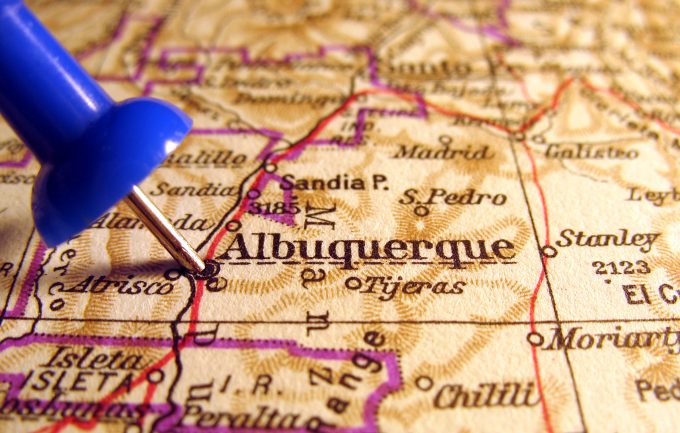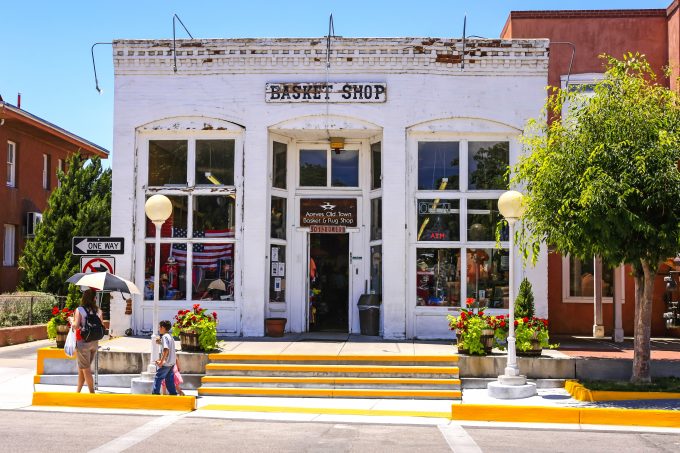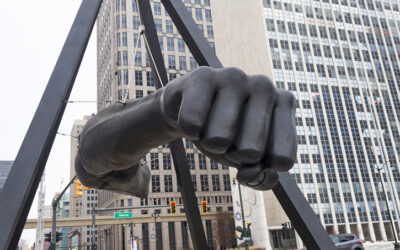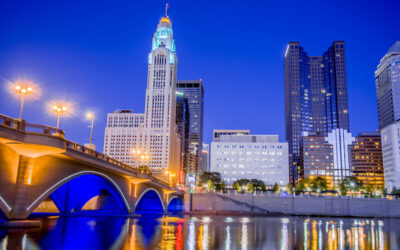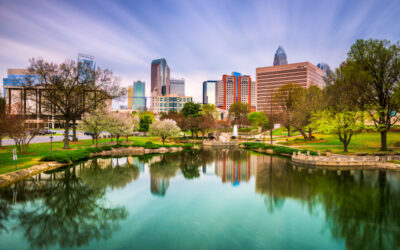Albuquerque is a city of natives—chances are, if you’re born here, you probably still live here (or are making plans to move back). The sunny days, cheap cost of living, and proximity to gorgeous mountains are hard to quit, after all. In the Duke City, citizens’ roots are as deep as their pride.
To fit in with all the born-and-bred New Mexicans, newbies have to learn the local jargon. The dialect here is heavily influenced by Spanish and Spanglish, reflecting the history of the Southwest. So if you’re a transplant, here’s the lingo you’ll need to know to live in Albuquerque.
The Food
Green chile is a source of serious pride in New Mexico. Although the red version is also a fave, the spicy green chile is put on (and in) every type of dish here, from typical New Mexican green chile chicken tacos to more unusual foods like apple pie and peanut brittle. And yes, it’s spelled with an e, never—ever, ever!—with an i.
If you really want to look like a local in Albuquerque, order your enchiladas “Christmas” style— and no, we aren’t talking about the holiday in December. Here, Christmas means served with half green chile and half red. “Red or green?” is even the designated New Mexico state question.
Finish off any New Mexican meal with a sopaipilla, which is a soft, pillowy pastry eaten with honey. It’s pronounced so-pa-pee-ya.
The Environs
Burque is a common nickname for the city of Albuquerque, a bit of an amalgamation of the second and fourth syllables of the word. Although somewhat controversial (especially when pitted against more PR-friendly nickname “The Q”), Burque is a name of and for the people. Feel free to say it with a bit of a Spanish accent. ABQ is also acceptable as a nickname and abbreviation.
Live in Burque? Then you’re a Burqueño. Although the official demonym of the residents of Albuquerque is Albuquerqueans, Burqueño works just fine. When traveling through town, make sure you know how to refer to the freeways—Burqueños call the intersection of I-25 (which goes north-south) and I-40 (which goes east-west) the “Big I.”
Although traffic in Albuquerque isn’t usually that hard to deal with, the Big I can be pretty crowded come rush hour. If you travel east along I-40, you’ll hit several cute mountain towns like Sandia Park, Tijeras, and Cedar Crest. Collectively, everything in the area near the mountains is referred to as “the East Mountains.”
You’ve surely heard of Madrid, Spain—pronounced Muh-drid. Here in Albuquerque, you’ll definitely out yourself as an outsider if you pronounce the name of the town north of the city that way. Here in New Mexico, the former ghost town that’s now home to many artists and hippies is said out loud as Mad-drid. Yeah, like the word mad, with a long a. Be sure you know how to pronounce the name of the county Albuquerque is located in, too. It’s Bernalillo, said as Bern-a-lee-yo. There’s a small town with the name, as well.
Bosque (pronounced bos-kay) is the Spanish word for forest. Here in Albuquerque, the 16-mile-long Paseo De Bosque Trail, more commonly called “the Bosque,” is an uber-popular recreation area. No one will look at you weird if you pronounce it bos-kee, either, as that’s how many people pronounce the name of the nearby small town Bosque Farms.
When you’re in the Bosque area, you may come across an acequia, or irrigation ditch. Common in the agricultural areas of the North and South Valley, acequia is a name for an old, communal system of irrigation still in use today. Sometimes just called “the ditch,” the acequias are just as popular for running and dog-walking as they are for bringing water to local crops.
The Lingo
Que, which means “what” in Spanish, takes on a new meaning here in ABQ. You might hear people exclaiming “Que fancy!” or “Que cute!” Basically, they’re saying “how insert word here!” This is a Spanglish expression easily understood anywhere in the city—pop a “que” in front of an adjective, and you’re good to go.
The Albuquerque Dukes were a minor league baseball team that left the city in 2000. They’ve since been replaced by the Isotopes. But Burquenos just can’t seem to let go of their Dukes love. You might even say that the Dukes are “que popular!”
If you talk about the Dukes in any way, shape, or form, you’re sure to fit in. Bonus points for rocking Dukes gear, which is still widely available.
So now you’re ready to eat like a Burqueño, travel the city like a Burqueño, and converse like a Burqueño. You’ll fit in in no time.
